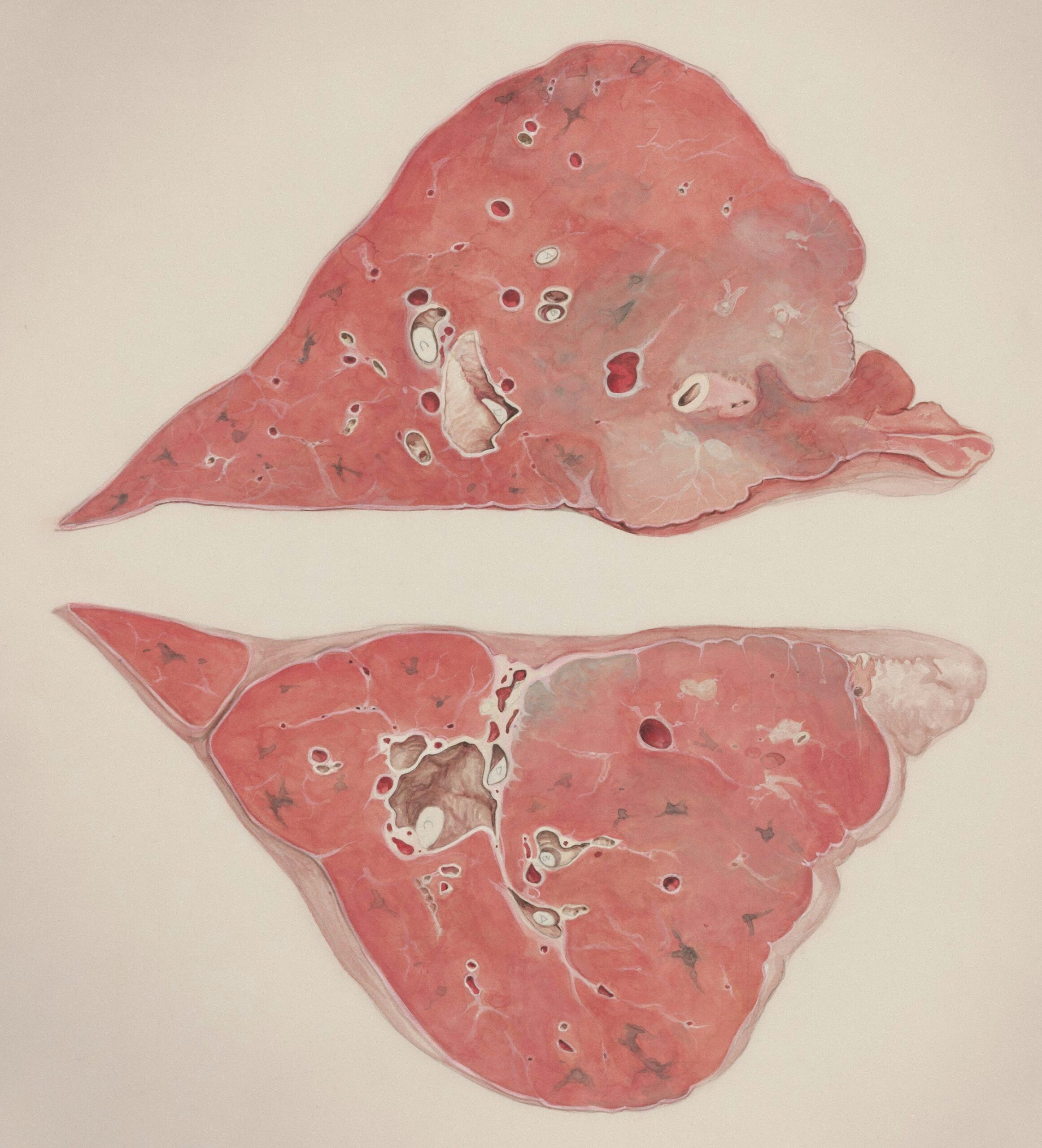Many adults find themselves prioritizing productivity over play, a trade-off that could be harming their mental health. According to Cas Holman, an expert on the importance of play, unstructured activities are vital for boosting mental well-being and alleviating stress. Holman, who will release his book, Playful: How Play Shifts Our Thinking, Inspires Connection, and Sparks Creativity, in March 2024, emphasizes the necessity of engaging in joyful activities for their own sake.
Holman points out that unstructured play is often neglected after childhood, typically around the age of nine. “We become too focused on productivity and outcomes,” he explains. This fixation can stifle the playful side of ourselves that yearns for spontaneity—whether that means being silly in a meeting or dancing in the kitchen while cleaning.
“Play is how we learn to be human,” Holman asserts. He argues that a life devoid of play is detrimental to our psychological, emotional, and physical health. The expert outlines five signs of being “play-resistant,” a condition where individuals want to engage in play but feel disconnected from that part of themselves.
Understanding Play-Resistance
Research indicates that a playful mindset enhances adaptability, resilience, and creativity. Animal studies suggest that play may also bolster immune responses. Holman describes many adults he encounters as either “play-curious” or “play-hesitant.” They express a desire to incorporate more play into their lives but often lack direction on how to do so.
To reconnect with the spirit of play, Holman recommends dedicating just 10 minutes each day to enjoyable, non-productive activities. “Dance in your living room, draw doodles, or call a friend just to chat,” he suggests. The goal, he emphasizes, is not to achieve anything but to rediscover joy.
Holman also advocates for recalling specific memories of play from childhood. “Just remembering an instance of play will help you connect with its power,” he notes. This connection can pave the way for prioritizing play in your daily life without the need for extensive planning.
Infusing Play into Daily Life
Holman believes that play extends beyond designated activities; it can be an attitude that transforms ordinary tasks into something enjoyable. For instance, cooking breakfast can become playful by experimenting with new combinations of ingredients. “Stay open to where it goes,” he advises.
Rearranging your living space is another way to infuse play into everyday life. Holman encourages individuals to explore how such changes can alter their interactions with their environment. “Translate for the birds in the morning,” he adds, highlighting the whimsical approach one can take in routine tasks.
Incorporating playfulness into our lives is not merely a luxury; it is essential for psychological health. As Holman states, the benefits of play are profound, spanning emotional, mental, and even physical well-being. By dedicating just a few minutes each day to play, individuals can reclaim joy and foster a more balanced, fulfilling life.







